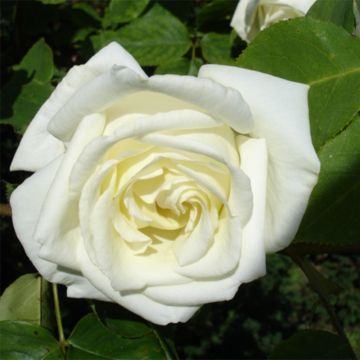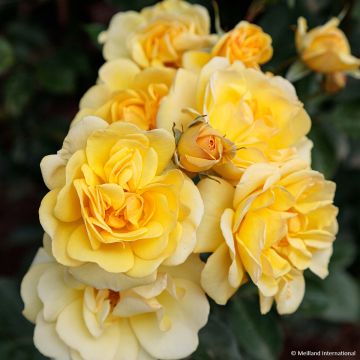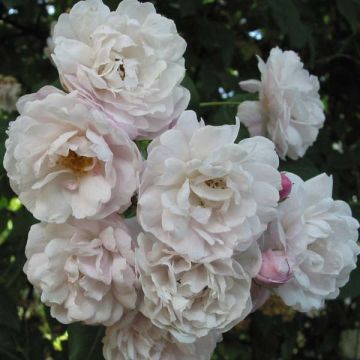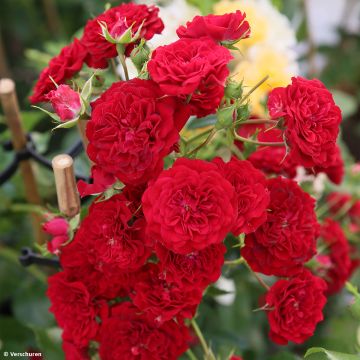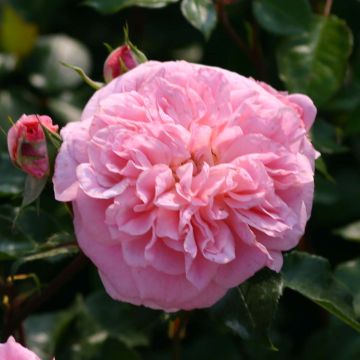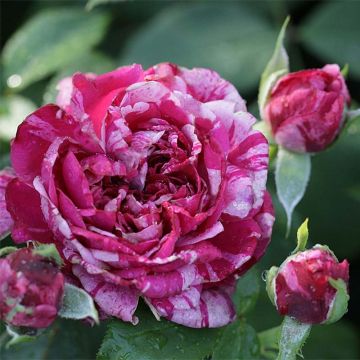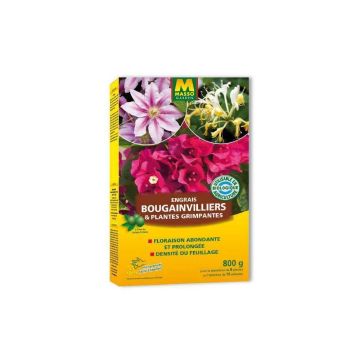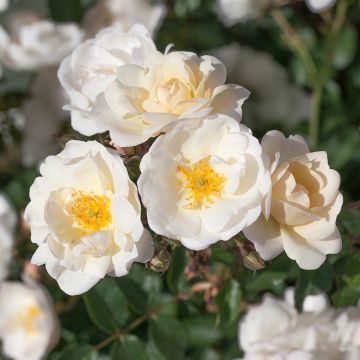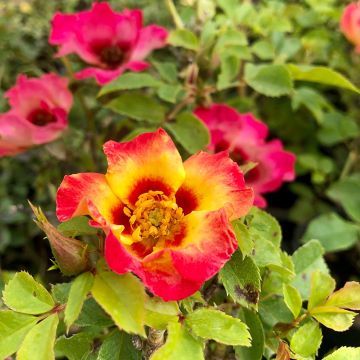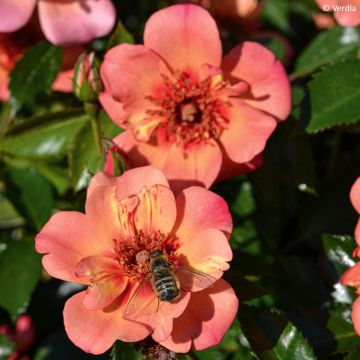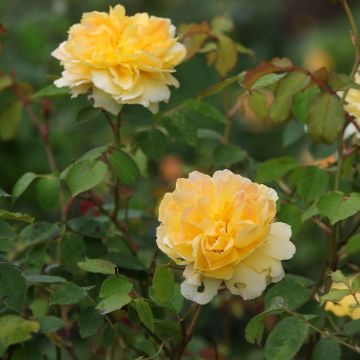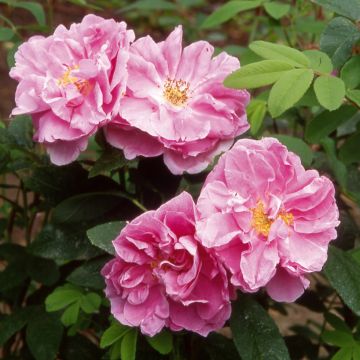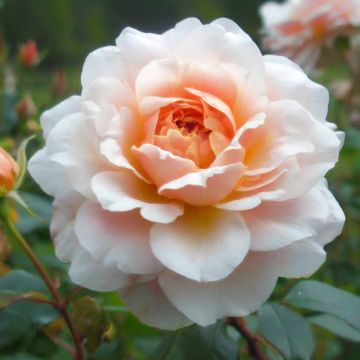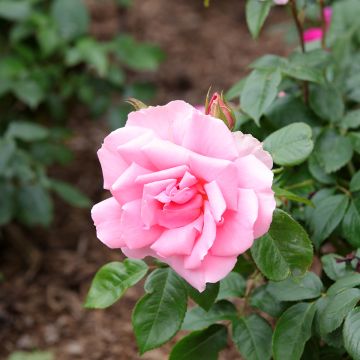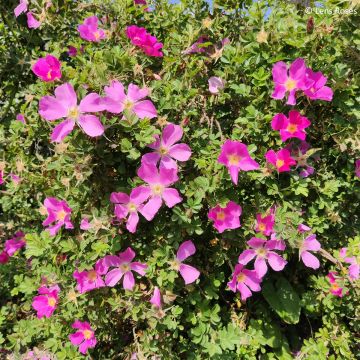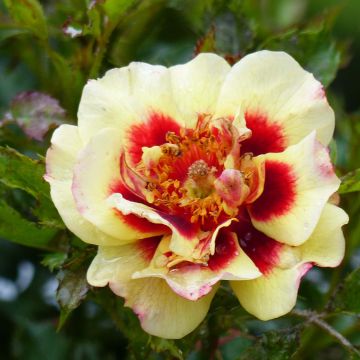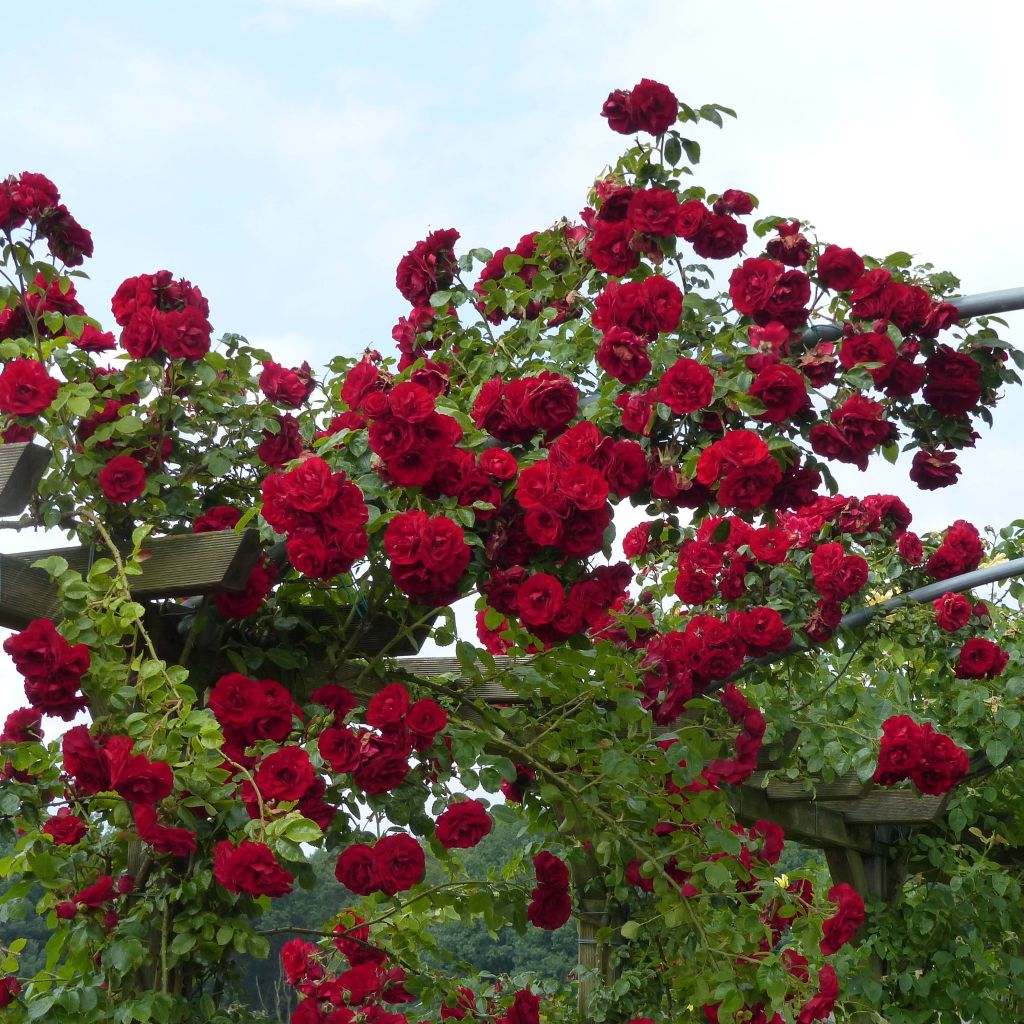

Rosa 'Amadeus' - Climbing Rose
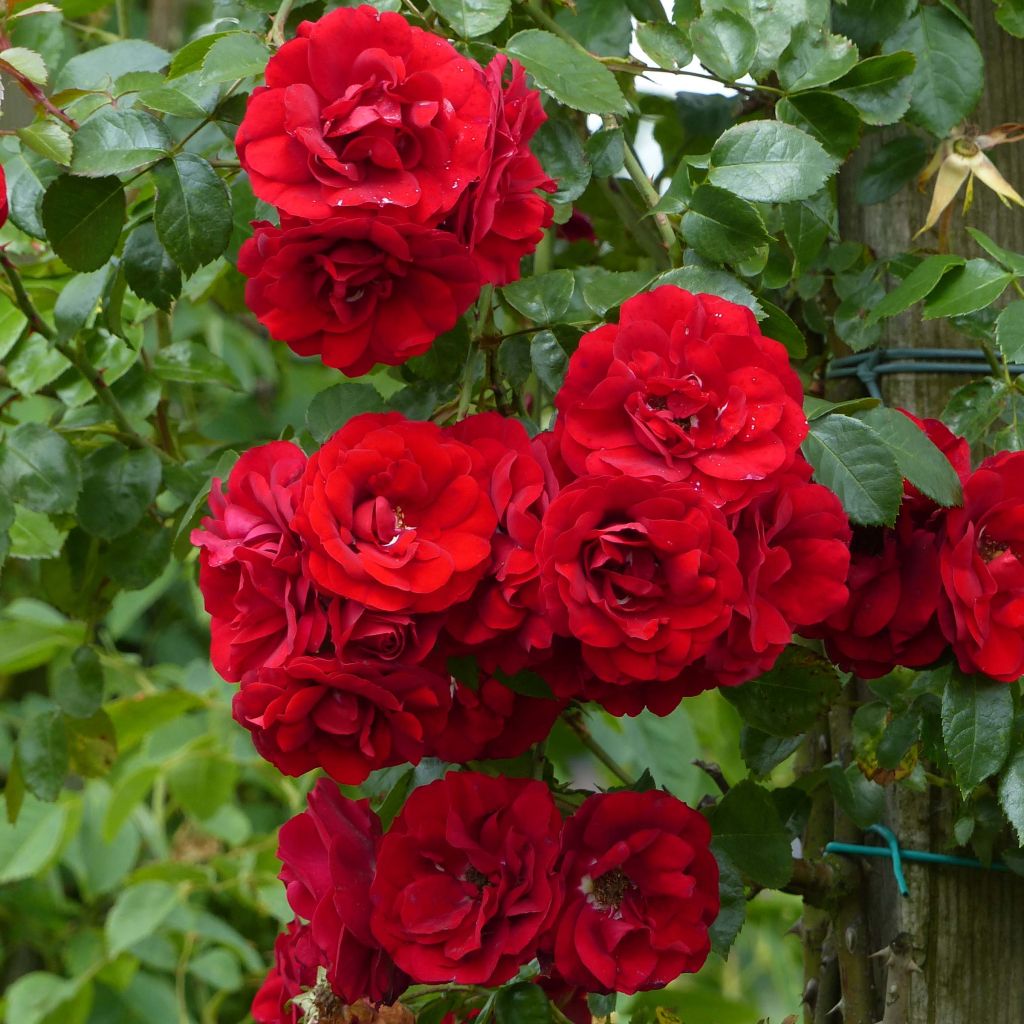

Rosa 'Amadeus' - Climbing Rose


Rosa 'Amadeus' - Climbing Rose
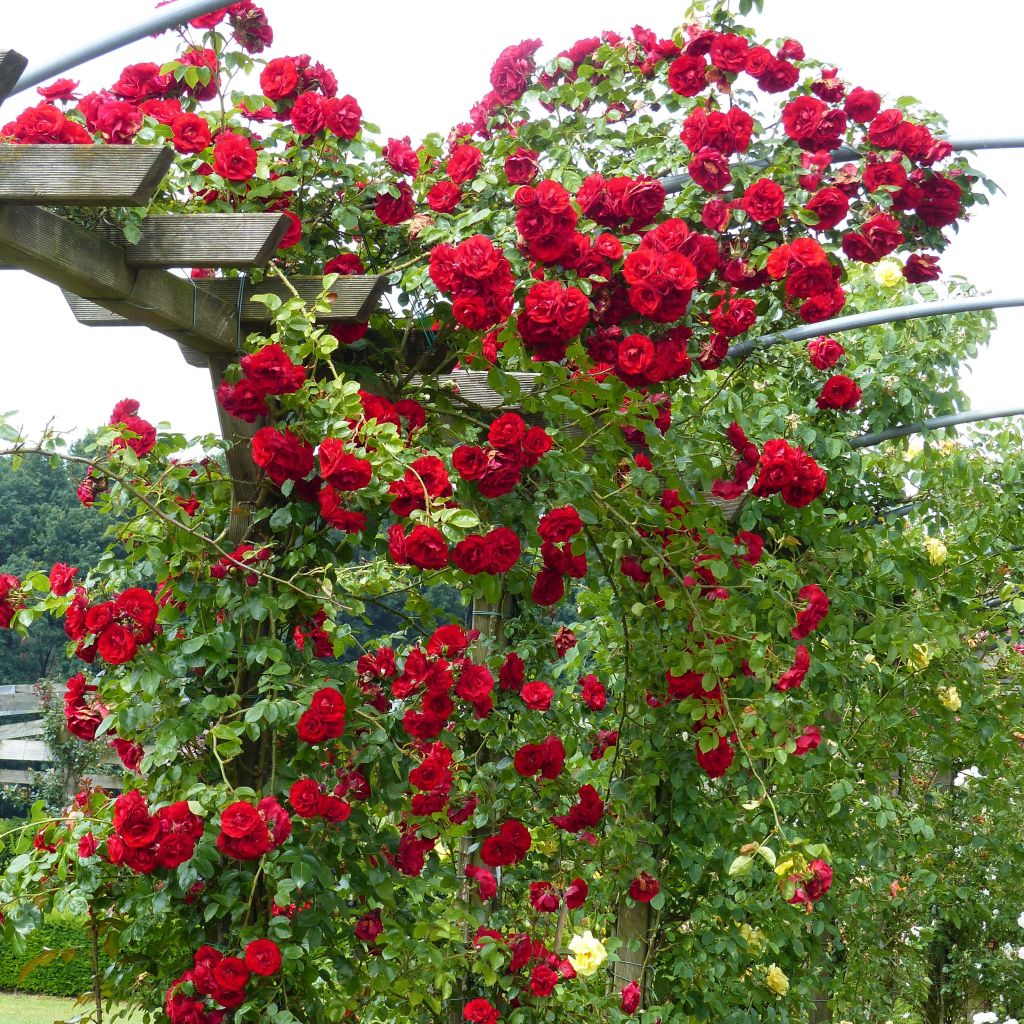

Rosa 'Amadeus' - Climbing Rose
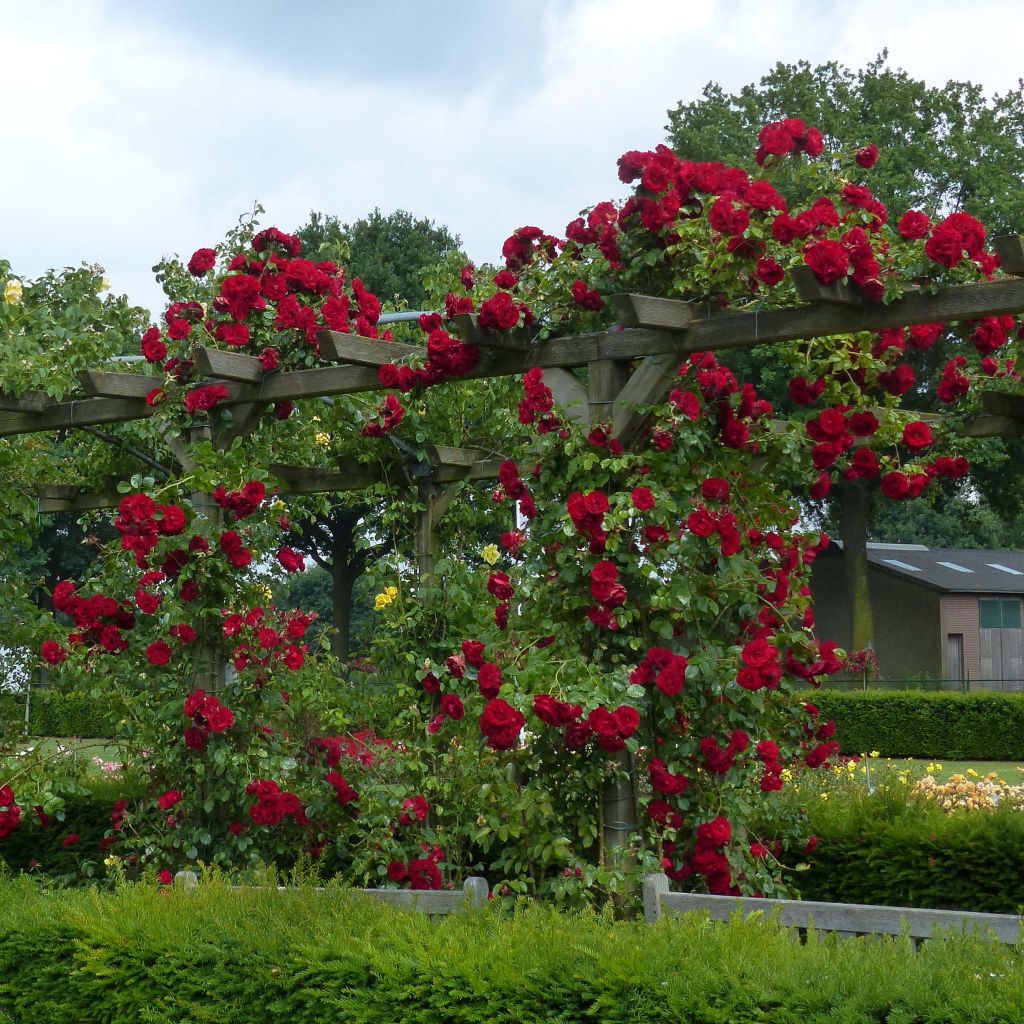

Rosa 'Amadeus' - Climbing Rose
Rosa 'Amadeus' - Climbing Rose
Rosa Amadeus® Klettermaxe ® 'Korlabriax'
Korlabriax
This item cannot be shipped to the selected country
Delivery charge from €5.90
Delivery charge from €5.90
Delivery to Corse prohibited
More information
Schedule delivery date,
and select date in basket
This plant carries a 24 months recovery warranty
More information
We guarantee the quality of our plants for a full growing cycle, and will replace at our expense any plant that fails to recover under normal climatic and planting conditions.
From €5.90 for pickup delivery and €6.90 for home delivery
Express home delivery from €8.90.
From €5.90 for pickup delivery and €6.90 for home delivery
Express home delivery from €8.90.
Delivery to Corse prohibited: UE law prohibits the import of this plant from mainland France to Corse as part of the fight against Xylella fastidiosa. Please accept our sincere apologies.
More information
Does this plant fit my garden?
Set up your Plantfit profile →
Description
The 'Amadeus' Rose is part of the Super Conquerant series, a line of roses developed in Germany by Kordes for their climbing and vigorous habit, disease resistance, unparalleled floribundity, and charming old-fashioned look. This rose blooms continuously throughout the summer, which is rare for a red-flowered rose! Its flowers are large, double, a vibrant red that does not fade in the sun, and often gathered in generous clusters on perfectly healthy, shiny green foliage. Their scent of wild rose is rather light, but they are so numerous that they fill the air around them with their blooming drapery.
The climbing rose Amadeus Korlabriax is part of the complex family of old Tea hybrids, also known as large-flowered roses. It is a recent creation from 2003, awarded with two medals, including the Certificate of Merit from Bagatelle in 2004. This rose has a spreading habit and shows beautiful vigour. It has a flexible habit and thorny stems, often reaching 3m (10ft) (sometimes 5m (16ft)) in height and 1m (3ft) to 1.20m (4ft) in width, depending on growing conditions. Its broad, semi-evergreen, green and shiny foliage is particularly healthy and perfectly highlights the blood-red hue of the flowers. It blooms continuously from May to September, abundantly if it does not lack water. Its large roses, grouped in bouquets, full, turbinate, 8-9 cm (3-4in) wide, are composed of 20 to 39 petals displaying a very deep dark red shade. Their fresh and light scent will be classified as wild roses.
The Super Conquerant roses deserve a wall exposed to the morning sun or a structure large enough to support their shower of flowers. They allow for sumptuous decorations throughout the summer and require very little maintenance apart from regular watering in summer during periods of high heat and prolonged drought. Mix or combine them with easy-to-grow large-flowered clematis such as 'Etoile Violette' or 'Broughton Star'. They are good companions for paniculate phlox, delphiniums, digitalis, nepetas, and tall baby's breath.
Report an error about the product description
Rosa 'Amadeus' - Climbing Rose in pictures
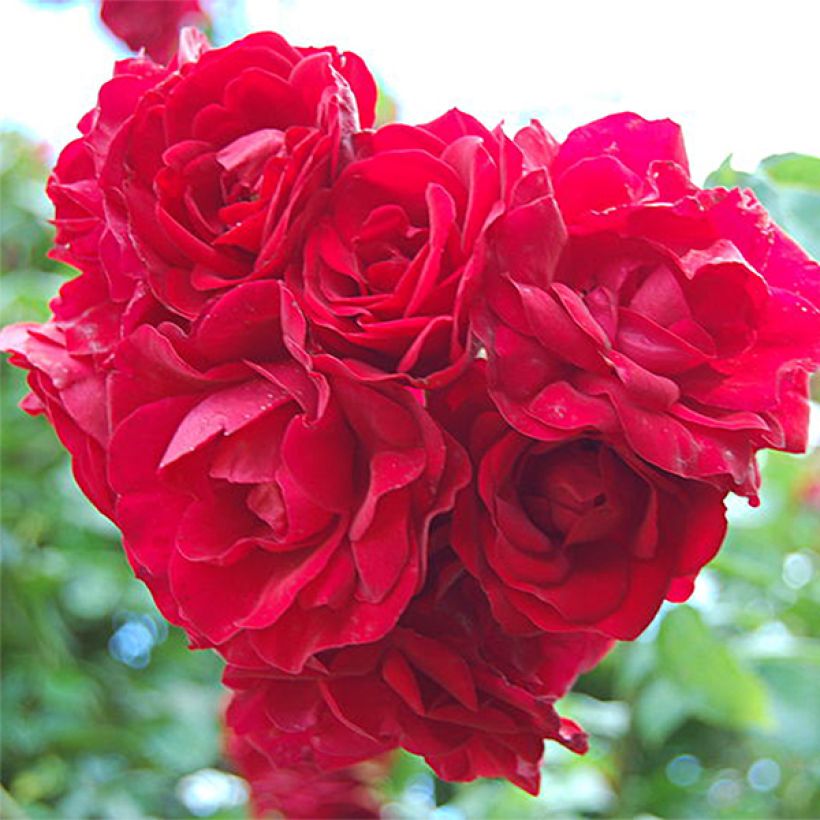

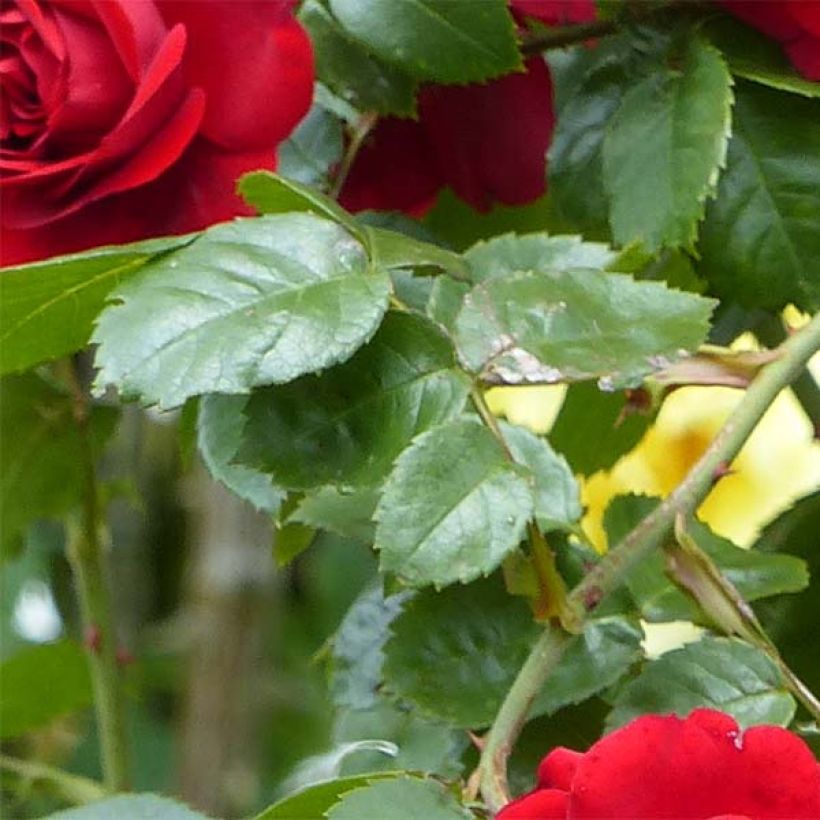

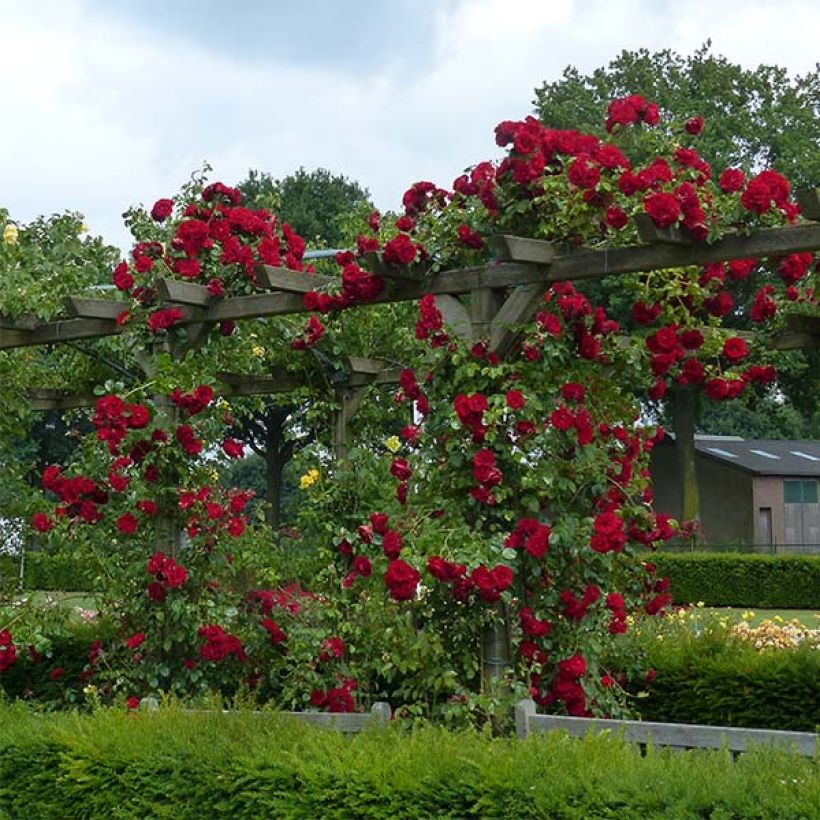

Plant habit
Flowering
Foliage
Botanical data
Rosa
Amadeus® Klettermaxe ® 'Korlabriax'
Rosaceae
Korlabriax
Cultivar or hybrid
Rosa canina Laxa (4L/5L pot, Wrapped bare root)
Other Climbing Roses
Planting and care
Plant the 'Amadeus' rose from November to March in ordinary, well-loosened and drained soil. Roses prefer clayey soils, rather heavy than light. In soils that are too sandy, too compact or too dry in summer, burying compost or well rotted manure at the bottom of the planting hole is preferable. However, this rose fears waterlogged soils in winter. Plant it in a sunny location, at most in partial shade. Roses are nutrient-demanding plants; a specific fertiliser application will be beneficial at the start of vegetation and regularly throughout flowering. To promote repeat flowering, regularly remove faded flowers. Floribunda rose varieties are more vigorous and more floriferous than large-flowered rose varieties. Therefore, the stems should be pruned by about a quarter of their length (from 4 to 6 buds from the base of the stem) at the end of winter. Always prune above an outward-facing bud so that the bush can thicken and the branches do not become entangled in the centre of the branches.
Roses may develop unsightly spots at the end of summer, but this is a natural phenomenon that does not affect their growth or health.
Planting period
Intended location
Care
-
, onOrder confirmed
Reply from on Promesse de fleurs
Roses by purpose
Haven't found what you were looking for?
Hardiness is the lowest winter temperature a plant can endure without suffering serious damage or even dying. However, hardiness is affected by location (a sheltered area, such as a patio), protection (winter cover) and soil type (hardiness is improved by well-drained soil).

Photo Sharing Terms & Conditions
In order to encourage gardeners to interact and share their experiences, Promesse de fleurs offers various media enabling content to be uploaded onto its Site - in particular via the ‘Photo sharing’ module.
The User agrees to refrain from:
- Posting any content that is illegal, prejudicial, insulting, racist, inciteful to hatred, revisionist, contrary to public decency, that infringes on privacy or on the privacy rights of third parties, in particular the publicity rights of persons and goods, intellectual property rights, or the right to privacy.
- Submitting content on behalf of a third party;
- Impersonate the identity of a third party and/or publish any personal information about a third party;
In general, the User undertakes to refrain from any unethical behaviour.
All Content (in particular text, comments, files, images, photos, videos, creative works, etc.), which may be subject to property or intellectual property rights, image or other private rights, shall remain the property of the User, subject to the limited rights granted by the terms of the licence granted by Promesse de fleurs as stated below. Users are at liberty to publish or not to publish such Content on the Site, notably via the ‘Photo Sharing’ facility, and accept that this Content shall be made public and freely accessible, notably on the Internet.
Users further acknowledge, undertake to have ,and guarantee that they hold all necessary rights and permissions to publish such material on the Site, in particular with regard to the legislation in force pertaining to any privacy, property, intellectual property, image, or contractual rights, or rights of any other nature. By publishing such Content on the Site, Users acknowledge accepting full liability as publishers of the Content within the meaning of the law, and grant Promesse de fleurs, free of charge, an inclusive, worldwide licence for the said Content for the entire duration of its publication, including all reproduction, representation, up/downloading, displaying, performing, transmission, and storage rights.
Users also grant permission for their name to be linked to the Content and accept that this link may not always be made available.
By engaging in posting material, Users consent to their Content becoming automatically accessible on the Internet, in particular on other sites and/or blogs and/or web pages of the Promesse de fleurs site, including in particular social pages and the Promesse de fleurs catalogue.
Users may secure the removal of entrusted content free of charge by issuing a simple request via our contact form.
The flowering period indicated on our website applies to countries and regions located in USDA zone 8 (France, the United Kingdom, Ireland, the Netherlands, etc.)
It will vary according to where you live:
- In zones 9 to 10 (Italy, Spain, Greece, etc.), flowering will occur about 2 to 4 weeks earlier.
- In zones 6 to 7 (Germany, Poland, Slovenia, and lower mountainous regions), flowering will be delayed by 2 to 3 weeks.
- In zone 5 (Central Europe, Scandinavia), blooming will be delayed by 3 to 5 weeks.
In temperate climates, pruning of spring-flowering shrubs (forsythia, spireas, etc.) should be done just after flowering.
Pruning of summer-flowering shrubs (Indian Lilac, Perovskia, etc.) can be done in winter or spring.
In cold regions as well as with frost-sensitive plants, avoid pruning too early when severe frosts may still occur.
The planting period indicated on our website applies to countries and regions located in USDA zone 8 (France, United Kingdom, Ireland, Netherlands).
It will vary according to where you live:
- In Mediterranean zones (Marseille, Madrid, Milan, etc.), autumn and winter are the best planting periods.
- In continental zones (Strasbourg, Munich, Vienna, etc.), delay planting by 2 to 3 weeks in spring and bring it forward by 2 to 4 weeks in autumn.
- In mountainous regions (the Alps, Pyrenees, Carpathians, etc.), it is best to plant in late spring (May-June) or late summer (August-September).
The harvesting period indicated on our website applies to countries and regions in USDA zone 8 (France, England, Ireland, the Netherlands).
In colder areas (Scandinavia, Poland, Austria...) fruit and vegetable harvests are likely to be delayed by 3-4 weeks.
In warmer areas (Italy, Spain, Greece, etc.), harvesting will probably take place earlier, depending on weather conditions.
The sowing periods indicated on our website apply to countries and regions within USDA Zone 8 (France, UK, Ireland, Netherlands).
In colder areas (Scandinavia, Poland, Austria...), delay any outdoor sowing by 3-4 weeks, or sow under glass.
In warmer climes (Italy, Spain, Greece, etc.), bring outdoor sowing forward by a few weeks.


































